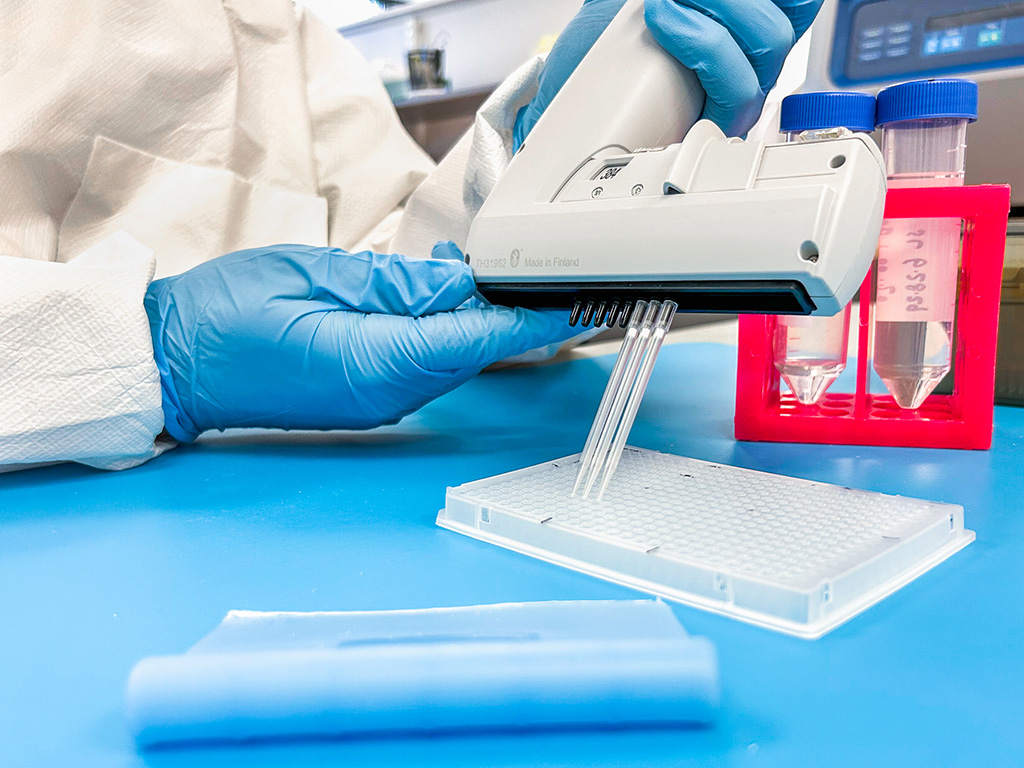Molecular Diagnostic Accurately Predicts Patient Response to Neuroendocrine Cancer Treatment
Posted on 26 Sep 2023
Peptide receptor radionuclide therapy (PRRT) is an emerging treatment used for targeting neuroendocrine tumors with precise doses of radiation to control their spread and alleviate symptoms. This therapy specifically targets peptide receptors that are highly concentrated on the surface of neuroendocrine tumors. By injecting a drug that binds to these receptors, the tumors are irradiated with a powerful dose of short-range radioactive material, while nearby healthy tissue remains unharmed. PRRT has shown success in multiple cases with fewer overall side effects, but not every patient sees a positive outcome. Now, a new molecular diagnostic can predict patient response to PRRT with unprecedented accuracy.
The PRRT Predictor Quotient, or PPQ, from Wren Laboratories (Branford, CT, USA) is the only diagnostic currently available for predicting patient response to PRRT for neuroendocrine tumors. Designed to complement Wren's existing NETest, PPQ sorts patients into two categories: those likely to respond well to the treatment and see their disease stabilize for an extended period (usually over 18 months post-treatment), and those less likely to respond, facing quicker disease progression (usually less than 12 months after initiating PRRT). For this latter group, alternative or supplementary treatments might be needed to manage the disease.

Wren's NETest is generally administered following a neuroendocrine tumor diagnosis, which comprises around 2% of all cancer diagnoses. The PPQ test is particularly useful during treatment planning for those patients whose tumors have characteristics that make them suitable for PRRT. These are tumors prone to having receptors that can be effectively targeted by the radiolabeled peptides used in PRRT and are sensitive to radiation. Recent research has shown that PPQ achieved an impressive 96% accuracy in predicting who will respond well to PRRT. Additionally, the NETest itself has shown to be 90% accurate in monitoring how well a patient is responding to PRRT treatments. Given that PRRT is offered at specialized facilities and involves several rounds of expensive therapy, using the PPQ test can help doctors and patients make more informed decisions, ultimately saving both time and resources.
“We developed our PRRT predictive quotient, the PPQ, to help identify which NET patients would respond favorably to this particular neuroendocrine cancer treatment. And, equally important, which may not,” said Wren General Manager Dan Buck.
“The PPQ is an algorithm that integrates radiation-responsive genes with tumor grade. This is more accurate than clinical factors or other biomarkers and is now independently validated,” added Mark Kidd, Ph.D., laboratory and science director at Wren.
Related Links:
Wren Laboratories














